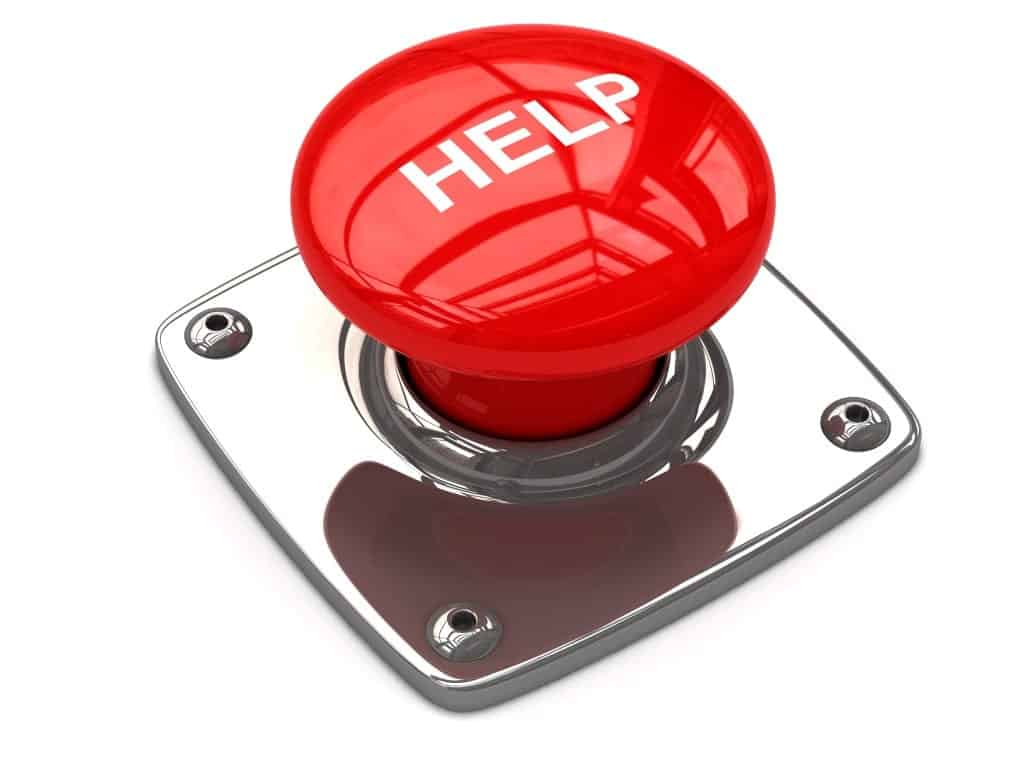When someone you care about has a problem alcohol or is addicted to either prescription medication or illegal drugs, understanding the steps to take to get help can be difficult. Many families and people in your position have found that an intervention, properly and timely conducted, can be an invaluable tool that can give their suffering loved one the needed impetus.
What precisely IS an Intervention?
The simplest explanation is this – an intervention is a guided conversation with an end goal. It is a face-to-face, direct, and heartfelt talk between the person abusing alcohol or drugs and their family and friends. Usually, people close to the addict or alcoholic (husband/wife, children, siblings, other family members, friends, and sometimes even co-workers) will come together in an effort to compel the individual begin to finally and truly comprehend the harmful and painful impact that the addiction has caused in the lives of both themselves and everyone around them. The “end goal” of the intervention and the hope of everyone participating is that once the addict/alcoholic gains this understanding, they will agree to seek treatment for their problem.
What precisely HAPPENS during an intervention?
Although the specifics vary in each unit circumstance, every intervention will share a few commonalities –
- Each loved one in attendance will speak directly to the person with the substance abuse problem and relate to that person any examples of the painful or negative consequences to their lives caused by the other’s addiction. In each case, the examples are kept specific to themselves.
A critical part of this initial step is this – each loved one clearly spells out the life changes that will be made and the natural consequences that will result if treatment is refused. The consequences need to be spelled out crystal-clearly, so there is no way for the alcoholic/addict to misunderstand. These consequences might a cutting off of monetary support, filing for divorce, no more contact until the person gets clean and sober, the stopping of visitation with children, etc. The person speaking has to be fully prepared – mentally, legally, and logistically to follow through with these consequences, if it comes to that.
- When everyone who so desires has spoken, the alcoholic/addict is then given a chance to accept professional help in addressing and overcoming their addiction.
This is not a generic offer. A specific treatment plan for them needs to already be prearranged, with a spelled-out timeline and any goals, along with a step-by-step plan on how to achieve those goals.
- If the offered health is accepted, then the prearranged treatment needs to begin immediately, without delay. Ideally, the person should be able to check in the very same day. Any delays will only give the addicted individual a chance to back out.
- Even if help is accepted, everyone involved will still need to follow-up. This might mean changing their own everyday routines, learning how they may have enabled the addict’s/alcoholic’s destructive behavior and how they can stop doing so, seeking support or professional help for themselves, and finding out what to do in case of relapse occurs.
Is this as DIFFICULT as it sounds?
Let’s be perfectly clear… an intervention can and will be tough. Because a lot of tough truths will be told and difficult, life-changing decisions will be made, everyone involved might feel as if they were put through an emotional wringer. Because so many different people have to be involved and coordinate with each other, the logistics of conducting an intervention can seem daunting. In both cases, the (hopeful) result of the intervention makes all of these difficulties well worth it. Even though it’s done in a supportive and caring manner, staging an intervention means having a direct confrontation with an alcoholic/addict and telling them in no uncertain terms how their actions and behaviors are harming everyone around them. Someone – probably everyone – will cry at some point, and angry words will undoubtedly be said when past pain is brought up. Typically, the subject of the intervention will have a very negative initial reaction – denial, resentment, anger, blaming, and threats. Sometimes, there might even be a danger of real physical violence. Everyone involved in the intervention needs to understand that there is also a very real chance that the addict/alcoholic will balk and refuse help.
Help from a professional
At some point, every intervention will reach a critical point where, because of the heated emotions, it can blow up out of control. For this reason, it is extremely necessary for the family that is planning the intervention to work closely with an experienced and well-trained professional, from the pre-planning to the organizing to the intervention itself into the follow-up. Before the intervention, the professional interventionist will be able to field any questions that the family might have and then fully prepare everyone for what will occur during the intervention to come. Although a family member is usually designated to handle contacting the others, the interventionist will assist with the logistics. The professional interventionist can also help make the necessary arrangements to get the substance abuser into an appropriate treatment program. Their knowledge of the disease can be a great asset at this point. During the intervention itself, the professional will attend to guide the process and keep everyone focused on the end goal, instead of just letting them air their grievances. They are there as an informed outsider, and therefore, they can stay dispassionate enough to keep everything moving forward.
Do interventions REALLY succeed?
Yes, absolutely and positively. When a professional interventionist is used and the proper preparation is performed, some experts report that interventions have a 90% success rate in getting the addict/alcoholic to accept addiction treatment. Here is an unexpected bonus – even if the intervention is unsuccessful at first, the addict/alcoholic will very often come back at some later point in the future and ask for help, which was the entire goal of the intervention. In either case, whether the intervention succeeds in getting the person into treatment or if it is unsuccessful, the assembled friends and family members who attended need to be there to support one another with any difficulties that may come up. The bottom line is this – when everyone’s lives are becoming unmanageable due to alcohol or drug abuse, the right time to do something about it is always NOW – immediately, not some hypothetical or hopeful time in the future. Without action, that day never comes.




